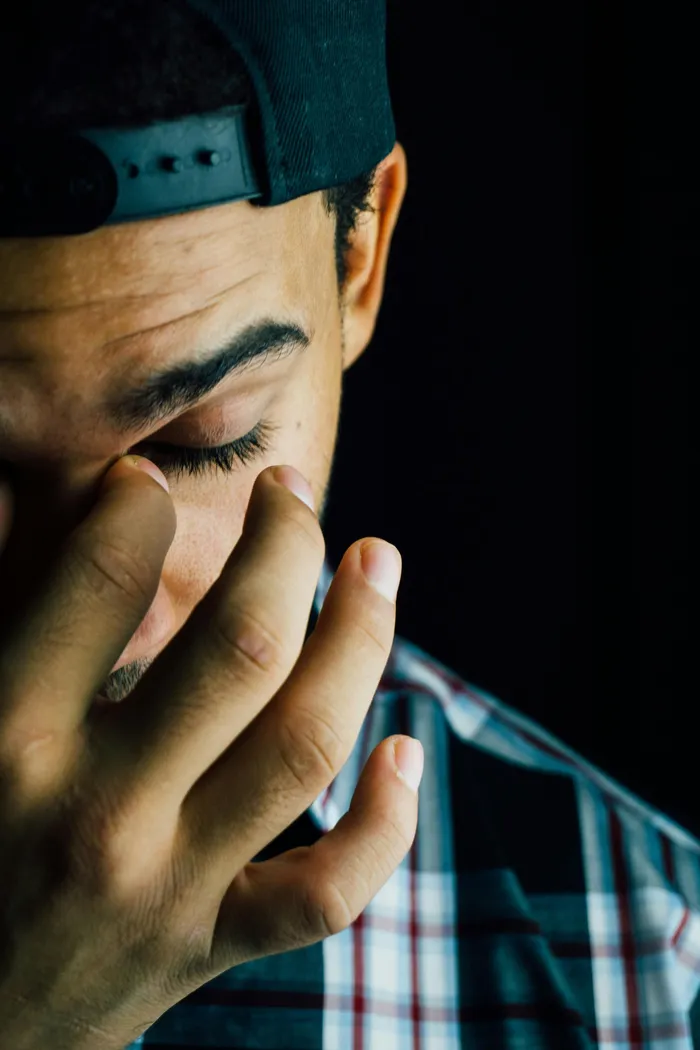Seasonal Affective Disorder: a risk factor in winter

While South Africa has a relatively mild climate, we do experience weather changes in winter that might trigger depressive feelings. Picture: Pixabay
As the leaves turn and the temperature drops, many people find themselves not just reaching for warmer clothes but also struggling with a general decline in happiness and mental well-being.
The phenomenon, often associated with the onset of winter, goes beyond the discomfort of colder weather. It's a complex interplay of environmental, biological and psychological factors that can even influence our physical health, such as weight gain, further affecting our mental state.
First, the reduced daylight during winter months plays a significant role. Less sunlight can disrupt our body’s internal clock, or circadian rhythm, leading to feelings of lethargy and depression.
Sunlight is crucial for the production of serotonin, a hormone that contributes to feelings of happiness and well-being. With shorter days and less exposure to sunlight, our serotonin levels can drop, leaving us feeling down.
Moreover, when it’s freezing and gloomy outside, the last thing anyone wants is to go for a run or head to the gym.

Physical activity is not only vital for our physical health but also for our mental well-being. It stimulates the release of endorphins, chemicals in the brain that act as natural painkillers and mood elevators.
Winter also sees many of us changing our eating habits. There's a tendency to turn to comfort foods, which are often high in carbohydrates and fats, as the weather gets colder.
While these foods might make us feel better in the short term, they can lead to weight gain. This change in physical appearance can negatively affect our self-esteem and contribute to a decline in mental well-being.
While South Africa has a relatively mild climate, we do experience weather changes in winter that might trigger depressive feelings.
Seasonal Affective Disorder (SAD) has been described as a specifier of depression or a pattern in which depression occurs.
South Africa has an extremely high rate of depression, so it’s important to be aware of the symptoms of SAD and to seek help if you notice them. If you or someone you know lives with any of the symptoms, contact your doctor:
• Feelings of hopelessness or sadness.
• Thoughts of death or suicide, suicide attempts or fear of dying.
• Restlessness, irritability or anger.
• Difficulty concentrating, remembering things or making decisions
• Loss of interest or pleasure in hobbies and activities.
• Hypersomnia, also known as oversleeping.
• A change in appetite, especially an excessive craving for sweet or starchy foods.
• Weight gain.
• Low energy.
• Avoiding social situations.
“SAD symptoms tend to recur around the same time every year, and are not related to obvious external stressors like a break-up, a bereavement of being unemployed,” said Dr Marisa Roets, a psychiatric specialised nurse manager at Life Poortview, a Life Mental Health facility in the West Rand of Johannesburg.
”Usually, SAD symptoms are mild, but for some, they can be debilitating, and affect their personal and professional lives. It’s important to identify possible SAD. Have it checked and get treatment if you need it.”
What you need to do
• While winter is cold, exercise is critical for good mental health. Schedule 30 to 60 minutes of daily exercise to boost your emotional well-being.
• Eating a healthy, balanced diet is also critical to emotional wellness and making people less susceptible to SAD. Eat nutritious, whole foods and avoid processed fatty meals.
• The amount of sunlight you are exposed to can also be a contributing factor to SAD. Try to get out of the house, and enjoy the sunshine for at least 15 to 30 minutes a day.
• Get enough sleep, and take the time to rest, recover and rejuvenate after hard work or stress.
• Maintain a healthy schedule and routine in your daily life, as it creates a sense of familiarity and balance.
• Make an effort to engage with family, friends and loved ones. Supportive relationships can reduce unwanted stressors and provide you with emotional stress.
“Seasonal affective disorder commonly begins in young adulthood and is more common in women,” said Roets. “It is believed to be hormone-related as it increases after puberty and decreases post-menopause.”
Roets said that for those susceptible to depression, SAD could trigger depression that lasted long after the season had ended.
It is therefore important that people remain aware of their emotional and mental well-being, particularly during vulnerable times in the year.
Related Topics: